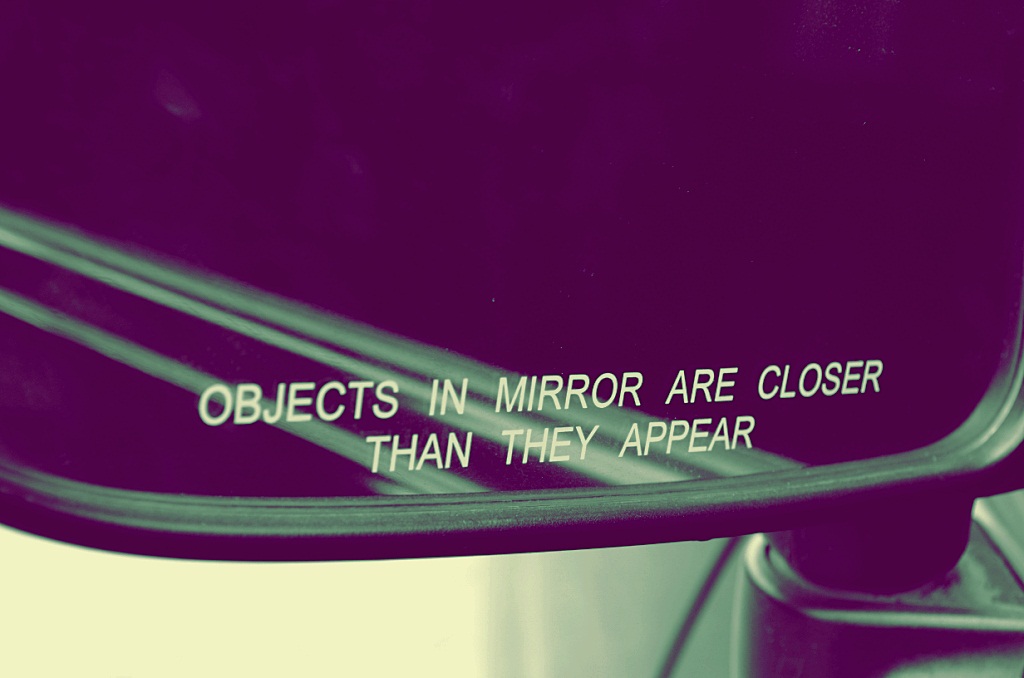Does technology make us autistic?
even Johnson suggests that by stripping away the emotional information in faces and intonation, email and text messaging might be simulating autism. Via Mind Wide Open: Your Brain and the Neuroscience of Everyday Life: As the brain science of social connection becomes more widely appreciated, our communications tools will be judged increasingly with this yardstick. Attention deficit disorder is conventionally described as the classic ailment of our multitasking age, but when you look at most electronic communication through the lens…
2 minutes
What simple technique can make a sales pitch 20% more effective?
mic the customer's body language. Via Honest Signals: How They Shape Our World: Despite the rather obvious nature of the copycat animation, only eight of the sixty-nine subjects detected the mimicry (and those mostly because they made a strange movement and then saw the agent making the same unusual motion). The remaining students liked the mimicking agent more than the recorded agent, and rated the former as being friendlier as well as more interesting, honest, and persuasive. They also paid…
2 minutes
4 Secrets To A Good Apology, According To Research
a Wait: The Art and Science of Delay: Aaron Lazare devotes two full chapters of On Apology and much of his subsequent research to questions of timing and delay. He finds that effective apologies typically contain four parts: 1. Acknowledge that you did it. 2. Explain what happened. 3. Express remorse. 4. Repair the damage, as much as you can. This aligns with previous research on effective apologies: Results indicated that relationships recovered significantly when offending partners used behaviors labeled…
2 minutes
Is it true that “when you smile the whole world smiles with you”?
a manner of speaking, yes. By smiling we influence others to smile. People judge things more positively while smiling, so our own smile can set off a chain reaction causing more positive encounters. Via Choke: What the Secrets of the Brain Reveal About Getting It Right When You Have To: The researchers found a chameleon effect. When confederates rubbed their faces, so did the student, and when confederates shook their feet, the participant did the same thing. This was…
2 minutes
The Simple Thing That Can Dramatically Improve Your Life
end more time outdoors. Nature has a myriad of incredible positive effects that have demonstrated by research: Being out in nature reduces stress. Nature walks or even looking at pictures of nature improves memory. Flowers increase romantic feelings. Nature can even make you a better person. Can't be bothered to step outside? Even a potted plant has been shown to improve attention span and increase creativity in an office environment. You might be inclined to discount this. I know that…
1 min read
This is the easiest route to self-improvement and a long, healthy life
's your friends. The people around you affect you far more than you believe. The Longevity Project, which studied over 1000 people from youth to death had this to say: The groups you associate with often determine the type of person you become. For people who want improved health, association with other healthy people is usually the strongest and most direct path of change. In The Start-up of You: Adapt to the Future, Invest in Yourself, and Transform Your Career,…
2 minutes
Here’s Why People Gossip So Much
ssip helps police bad behavior in a social network and relieves stress. About 15% of office emails are gossip: According to some estimates, the average corporate email user sends 112 emails every day. About one out of every seven of those messages, says a new study from Georgia Tech, can be called gossip. Negative gossip is nearly 3 times as prevalent: Still, another finding was that "negative" gossip, characterized through a Natural Language Text Processing analysis, was in fact 2.7…
2 minutes
How To Feel Attractive
rious how to feel attractive? Have a drink. Or just think you're having a drink: This research examines the role of alcohol consumption on self-perceived attractiveness. Study 1, carried out in a barroom (N= 19), showed that the more alcoholic drinks customers consumed, the more attractive they thought they were. In Study 2, 94 non-student participants in a bogus taste-test study were given either an alcoholic beverage (target BAL [blood alcohol level]= 0.10 g/100 ml) or a non-alcoholic beverage, with…
1 min read








